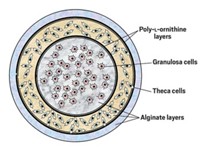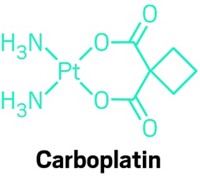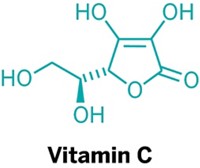Advertisement
Grab your lab coat. Let's get started
Welcome!
Welcome!
Create an account below to get 6 C&EN articles per month, receive newsletters and more - all free.
It seems this is your first time logging in online. Please enter the following information to continue.
As an ACS member you automatically get access to this site. All we need is few more details to create your reading experience.
Not you? Sign in with a different account.
Not you? Sign in with a different account.
ERROR 1
ERROR 1
ERROR 2
ERROR 2
ERROR 2
ERROR 2
ERROR 2
Password and Confirm password must match.
If you have an ACS member number, please enter it here so we can link this account to your membership. (optional)
ERROR 2
ACS values your privacy. By submitting your information, you are gaining access to C&EN and subscribing to our weekly newsletter. We use the information you provide to make your reading experience better, and we will never sell your data to third party members.
Synthesis
Less Is More With Resveratrol
Chemotherapy: Low dose of the red-wine compound reduces intestinal cancer in mice
by Michael Torrice
August 3, 2015
| A version of this story appeared in
Volume 93, Issue 31
The red-wine compound resveratrol has received a lot of attention as a possible therapy to prevent heart disease and cancer with few side effects in patients at high risk for the diseases. Now a new study reports that resveratrol protects against colorectal cancer in mice, but more so at low, not high, doses (Sci. Transl. Med. 2015, DOI: 10.1126/scitranslmed.aaa7619). Karen Brown of the University of Leicester, in England, and colleagues studied mice with genetic mutations that made them susceptible to developing adenomas in their intestines. Compared with animals not receiving resveratrol, those getting a high dose had a 25% smaller total tumor volume, while the mice receiving a low dose had a 52% smaller volume. But the researchers observed this pronounced low-dose effect only in mice that ate a high-fat diet for reasons that the team doesn’t fully understand. The findings, Brown says, suggest that resveratrol’s effects don’t increase linearly with dosage.





Join the conversation
Contact the reporter
Submit a Letter to the Editor for publication
Engage with us on Twitter